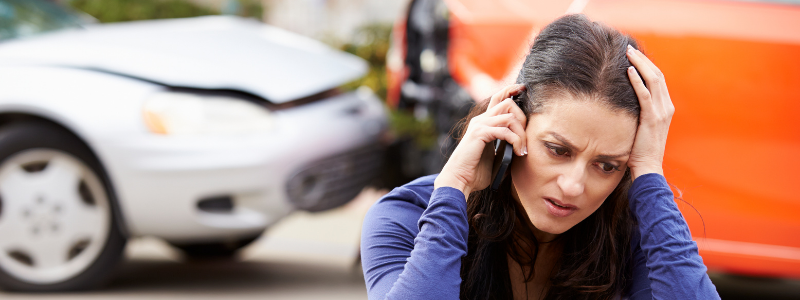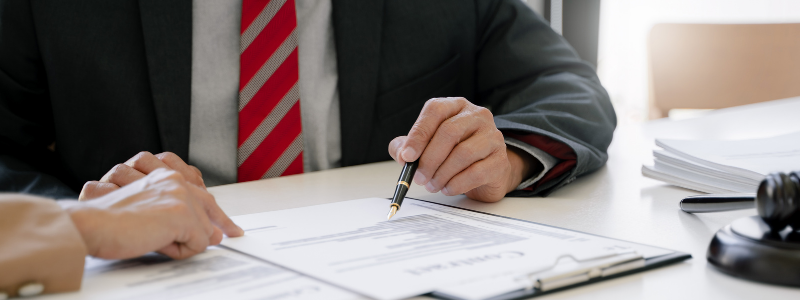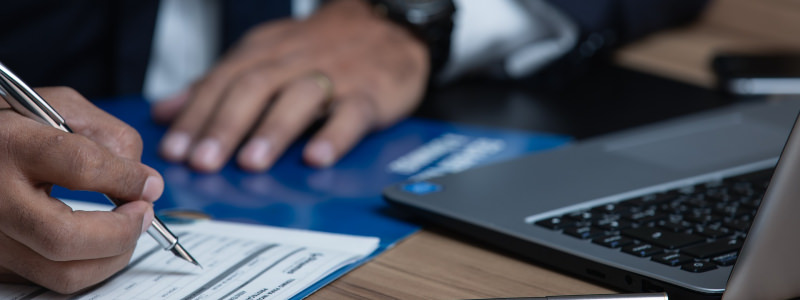Driving without auto insurance is a risky game to play. It leaves drivers vulnerable to legal and financial liabilities that can have long-term consequences. In this article, we will explore the dangers of driving without auto insurance, the legal consequences, and the financial risks associated with such a decision.
- Understanding Auto Insurance
- Legal Consequences
- Financial Risks
- Future Insurance Risks
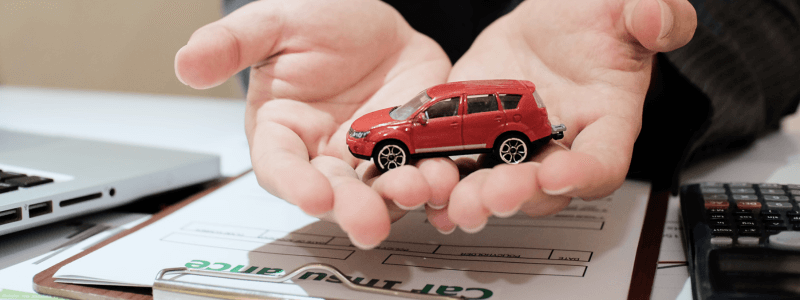
1. Understanding Auto Insurance
What is Auto Insurance?
Auto insurance is a contract between an individual and an insurance company that protects the individual against financial loss in the event of an accident or theft. Auto insurance can cover damages caused by the individual, damages to the individual’s vehicle, and damages caused by other drivers.
Auto insurance is a crucial purchase for any driver, as it provides financial protection in the event of an accident or theft. Without auto insurance, drivers would be responsible for paying for any damages or injuries they cause out of their own pockets. This can be financially devastating, especially in the case of a serious accident.
Types of Auto Insurance Coverage
There are several types of auto insurance coverage, each of which provides a different level of protection. Liability coverage is the most basic form of coverage, and it covers damages caused by the individual to other drivers or their property. This can include medical expenses, property damage, and other costs associated with an accident.
Collision coverage covers damages to the individual’s vehicle, regardless of who is at fault for the accident. This can include repairs or replacement of the vehicle, as well as any other costs associated with the accident.
Comprehensive coverage covers damages caused by theft, weather, or other non-collision events. This can include damage from natural disasters, vandalism, or other unforeseen events.
How Auto Insurance Premiums are Determined
Auto insurance premiums are determined based on a variety of factors, including the individual’s driving record, age, gender, and location. Additionally, the type of vehicle being insured can also impact the cost of premiums.
Drivers with a history of accidents or traffic violations are typically considered higher risk, and will pay higher premiums as a result. Younger drivers and male drivers are also considered higher risk, and may pay higher premiums than older or female drivers.
The location of the driver can also impact the cost of premiums, as certain areas may have higher rates of accidents or theft. Additionally, the type of vehicle being insured can impact the cost of premiums, as more expensive or high-performance vehicles may be more costly to repair or replace in the event of an accident.
Overall, it is important for drivers to carefully consider their auto insurance needs and shop around for the best coverage and rates. By understanding the different types of coverage available and the factors that impact the cost of premiums, drivers can make informed decisions and ensure they are adequately protected in the event of an accident or theft.
2. Legal Consequences of Driving Uninsured
Driving without auto insurance is not only illegal, but it can also have serious consequences. Here are some additional details about the legal ramifications of driving uninsured:
Fines and Penalties
The fines and penalties for driving uninsured can vary widely depending on the state in which the violation occurs. In some states, the fines can be as low as $100, while in others, they can be as high as $5,000. In addition to fines, drivers may also be required to pay court costs and other fees. These costs can quickly add up, making it much more expensive to drive without insurance than to simply obtain the required coverage.
License Suspension and Vehicle Impoundment
Many states also have laws that allow for the suspension of a driver’s license or the impoundment of their vehicle if they are caught driving without insurance. This can be a major inconvenience, as it can make it difficult for the individual to get to work or school. In addition, if the vehicle is impounded, the driver will be responsible for paying the impound fees, which can also be quite expensive.
SR-22 Requirements
Some states require drivers who have been caught driving without insurance to file an SR-22 form. This is a certificate of financial responsibility that shows that the individual has obtained the required insurance coverage. However, filing an SR-22 form can be expensive, and insurance premiums for individuals required to file the form are often significantly higher than for those who are not.
It’s important to note that even if you are not caught driving without insurance, the financial risks of being uninsured are still significant. If you are involved in an accident and do not have insurance, you could be held personally liable for any damages or injuries that result. This could result in financial ruin, as medical bills and property damage can quickly add up.
So if you’re thinking about driving uninsured, think again. The risks are simply too great. Instead, make sure you have the required insurance coverage so that you can drive with peace of mind.

3. Financial Risks of Driving without Auto Insurance
Auto insurance is a necessity for all drivers, as it provides financial protection in the event of an accident. However, many individuals choose to drive without insurance, either due to financial constraints or a lack of understanding of the risks involved. Driving without insurance can have serious financial consequences, including:
Paying for Damages Out-of-Pocket
If an individual causes an accident while driving without insurance, they will be responsible for paying for damages out-of-pocket. This can be a costly endeavor, and without insurance, the individual may be unable to cover the full cost of damages. In some cases, the cost of damages can be so high that the individual may be forced to declare bankruptcy or sell off assets to cover the costs.
Personal Liability in Accidents
Driving without insurance also leaves individuals vulnerable to personal liability in accidents. If the individual causes an accident that results in injury or property damage, they can be held personally liable for the cost of damages. This means that the individual may be forced to pay for medical bills, lost wages, and other expenses related to the accident out-of-pocket.
Furthermore, if the individual is sued for damages, they may be required to pay for legal fees and court costs, which can add up quickly.
Long-term Financial Consequences
Driving without insurance can also have long-term financial consequences. Individuals who are caught driving without insurance may find it difficult to obtain insurance in the future, and when they do, they may be subjected to significantly higher premiums. This is because insurance companies view individuals who have driven without insurance as high-risk drivers, and therefore, charge them more for coverage.
Additionally, driving without insurance can lead to a suspended license or even jail time in some states. This can have a negative impact on an individual’s ability to work and earn income, further exacerbating their financial situation.
It is important for all drivers to understand the risks of driving without insurance and to obtain adequate coverage to protect themselves and others on the road.
In Oregon, the minimum financial penalty for driving uninsured is $135, but that can escalate to a maximum of $1,000.
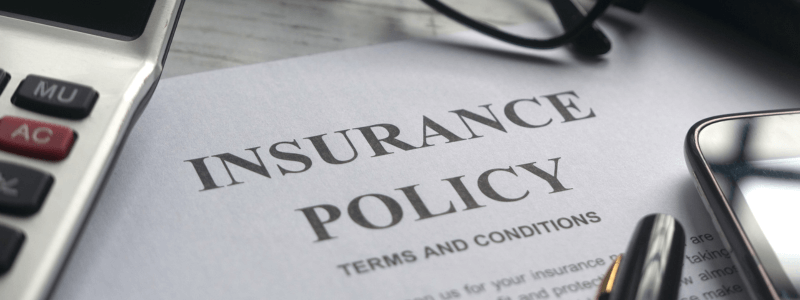
4. Increased Premiums and Difficulty Obtaining Insurance
High-Risk Driver Classification
Individuals who are caught driving without insurance are often classified as high-risk drivers by insurance companies. This can make it more difficult for them to obtain insurance in the future, and when they do, they may be subjected to significantly higher premiums.
Being classified as a high-risk driver can be a major setback for individuals who rely on their vehicles to get to work or school. Without insurance, they may be unable to legally operate a vehicle, which can lead to missed opportunities and lost income. In addition, the financial burden of high premiums can be overwhelming, especially for those who are already struggling to make ends meet.
Limited Insurance Options
Being classified as a high-risk driver can also limit an individual’s insurance options. They may be unable to obtain the same level of coverage as other drivers, and they may have to settle for expensive, limited coverage.
For example, a high-risk driver may only be able to obtain liability coverage, which covers damages to other people and their property in the event of an accident. This means that if the high-risk driver is at fault for an accident, they will not receive any compensation for damages to their own vehicle. This can be a major financial burden, as repairs or replacement of a vehicle can be costly.
Higher Premiums for Future Coverage
Individuals who are caught driving without insurance can also expect to pay higher premiums for future coverage. Insurance companies may view them as a higher risk, and as a result, they may charge them higher premiums for coverage.
This can be a major deterrent for individuals who are trying to get back on track after being caught driving without insurance. The higher premiums can make it difficult for them to afford coverage, which can lead to continued financial strain and potential legal consequences if they are caught driving without insurance again.
See penalties with driving without auto insurance in Oregon
Conclusion
Are you an uninsured motorist in Oregon? Driving without auto insurance is not only illegal but also extremely risky. It can leave individuals vulnerable to legal and financial liabilities that can have long-term consequences. The best way to protect oneself against these risks is to obtain the necessary auto insurance coverage.
In an auto accident and a party does not have auto insurance? Contact us today.


